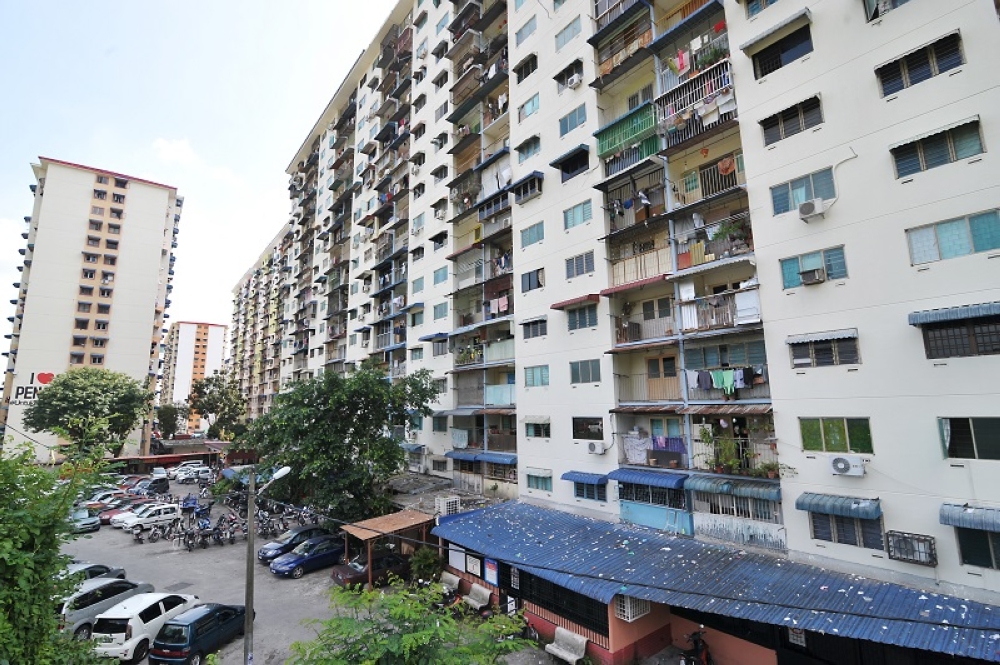AUGUST 29 — Three years ago, in “Leading by listening” I commended then Health Minister Khairy Jamaluddin for referring the Control of Tobacco Product and Smoking Bill 2022 (Bill No. 29/2022) – widely known as the Generational End Game (GEG) Bill – to a parliamentary select committee (PSC) to consider the Bill.
I said it was a step in the right direction.
Referring a Bill to the PSC, before the second reading of the Bill, will enable the details of the Bill to be discussed in a less formal manner but in a definite order, where each and every clause (in the order in which they appear), and schedules and preamble (if any) will be reviewed.
The PSC will have the power delegated by the Dewan Rakyat to, among others:
- send for persons, papers and records – this is the key evidence-gathering power and includes the power to call witnesses;
- appoint specialist advisers.
The most important power is the first – that is, to send for persons, papers and records. This will allow the PSC to draw on academic research and evidence in the field.
The PSC can hear views from a wide cross-section of public and expert evidence and witnesses when conducting its inquiries on the Bill. It may even employ academic or industry experts to act as special advisers to the PSC.
Evidence submitted, either in writing or in person, may therefore contribute to changes to the Bill.
Housing and Local Government Minister Nga Kor Ming did not, however, emulate Khairy before the second reading of the Urban Renewal Bill (URB) on Thursday (August 28).
Nga did not also emulate Khairy’s successor Dr Zaliha Mustafa who referred the Control of Smoking Products for Public Health Bill 2023 to the PSC on Health after it was tabled for first reading on June 12, 2023.

Urban renewal aims to protect public health and ensure the safety of communities, as many ageing strata properties in cities across Malaysia show signs of severe deterioration, but has come under much public backlash who fear potential abuse of the proposed law by private developers. — File picture by KE Ooi
Instead, Nga informed the Dewan Rakyat that the Housing and Local Government Ministry (KPKT) would amend the URB including provisions relating to the consent threshold for participation in urban renewal projects.
Nga said the amendment to Clause 19 was made to respect and accommodate the views of the Dewan Rakyat Special Select Committee on Infrastructure, Transport and Communications, following a special discussion on August 21.
The minister further said the consent threshold would be standardised at 80 per cent regardless of the age of the building, noting that the increase from the current 75 per cent remained reasonable to provide sufficient consideration for implementing urban renewal projects with integrity and fairness to all parties involved.
Accordingly, the Bill was not debated as scheduled. Instead, it would be brought forward to the next session.
Amendment would also be made to Clause 18, relating to reports on proposed urban renewal projects, which would ensure that demographic information of the local community in project areas would be duly considered by both Federal and State Executive Committees, so that implementation would be carried out in an orderly manner so as to avoid drastic shifts in population composition.
“KPKT is sensitive to public concerns over demographic changes in areas undergoing urban renewal. As such, this clause will be amended accordingly to safeguard the local demographic profile, subject to further details to be finalised with the Attorney-General’s Chambers,” Nga said.
I would say, for the reasons above, referring or committing the URB to the PSC would be a better option to address public concerns over the URB.
It’s a step in the right direction.
* This is the personal opinion of the writer or publication and does not necessarily represent the views of Malay Mail.






